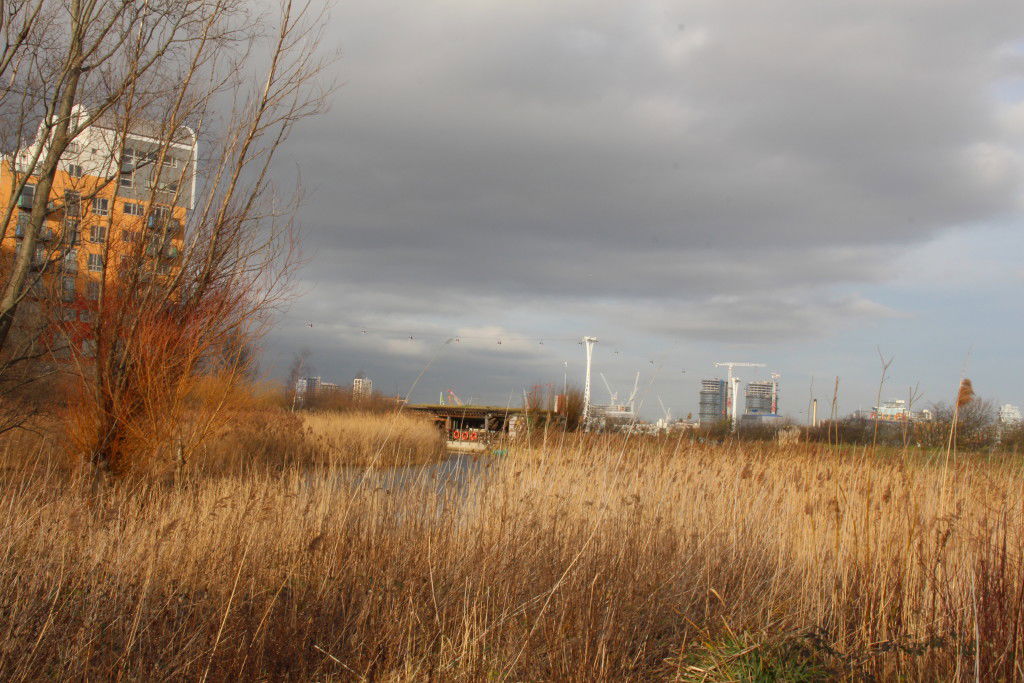Thames Water for Wildlife
28th January 2016
This year marks the beginning of our new Thames Water for Wildlife project.
 Clean water is crucial to the wonderful wildlife that makes its home in the Thames Water region. But whilst we know something about the River Thames and its major tributaries, thousands of ponds, lakes, ditches and streams remains largely unmonitored and at risk. This project aims to discover the best and most unpolluted freshwater habitats, detect the true extent of nutrient pollution and help to monitor some of the wildlife that depends on clean water.
Clean water is crucial to the wonderful wildlife that makes its home in the Thames Water region. But whilst we know something about the River Thames and its major tributaries, thousands of ponds, lakes, ditches and streams remains largely unmonitored and at risk. This project aims to discover the best and most unpolluted freshwater habitats, detect the true extent of nutrient pollution and help to monitor some of the wildlife that depends on clean water.
Clean Water for Wildlife – open to schools and groups
This element of the project aims to create a map of water quality across the Thames region, funded by Heritage Lottery Fund and Thames Water. To do this we will supply schools, volunteer groups and youth groups with quick and easy water quality testing kits. These kits measure the levels of nitrate and phosphate, pollutants that pose a major risk to wildlife, and will uncover the best and most unpolluted local freshwaters. On top of this we will offer training to volunteers who want to undertake rare species surveys to monitor the unique and fascinating wildlife that depend on unpolluted water. The project will feed into PondNet, our national survey, to help develop a deeper understanding of the region’s freshwater ecology.
Great Crested Newt Surveys – Open to everyone
This is where you can help and make a contribution to the greater understanding of Great Crested Newts. This coming spring we are looking for volunteers to take part in the first Thames Region survey of Great Crested Newts using eDNA. The survey is open to anyone, whether a group or interested individual.
As part of the project we are aiming to monitor Great Crested Newts using new and innovative environmental DNA (eDNA) techniques. These newts have a secretive nocturnal life style, which, in the past, has presented a challenge for those trying to find out which ponds are important. Thanks to eDNA, it’s possible to find this out using a simple water sample which is analysed in a lab for any residual DNA that may have been left by the newts.
Want to know more?
- Read more about the Thames Water for Wildlife project
- Email peoplepondswater@freshwaterhabitats.org.uk to find out how to get involved
The project is funded by Thames Water, the UK’s largest water supplier, and the Heritage Lottery Fund.
